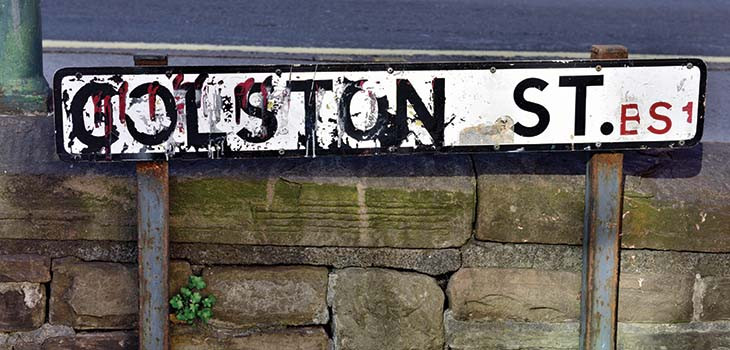
There has been a ‘glut’ of such decisions recently concerning a variety of protests and demonstrations.
Walbank refers to the Attorney General’s reference on the acquittal by jury of the protestors who toppled the statue of Edward Colston, the Bristol merchant who grew rich from the kidnap, transportation and enslavement of people from the west coast of Africa.
In that case, the Court of Appeal (Criminal Division) attempted to ‘make sense of the tangle of sometimes contradictory dicta’ stemming from other protest-related cases.







.tmb-mov69x69.jpg?sfvrsn=16d9dd3d_1)


